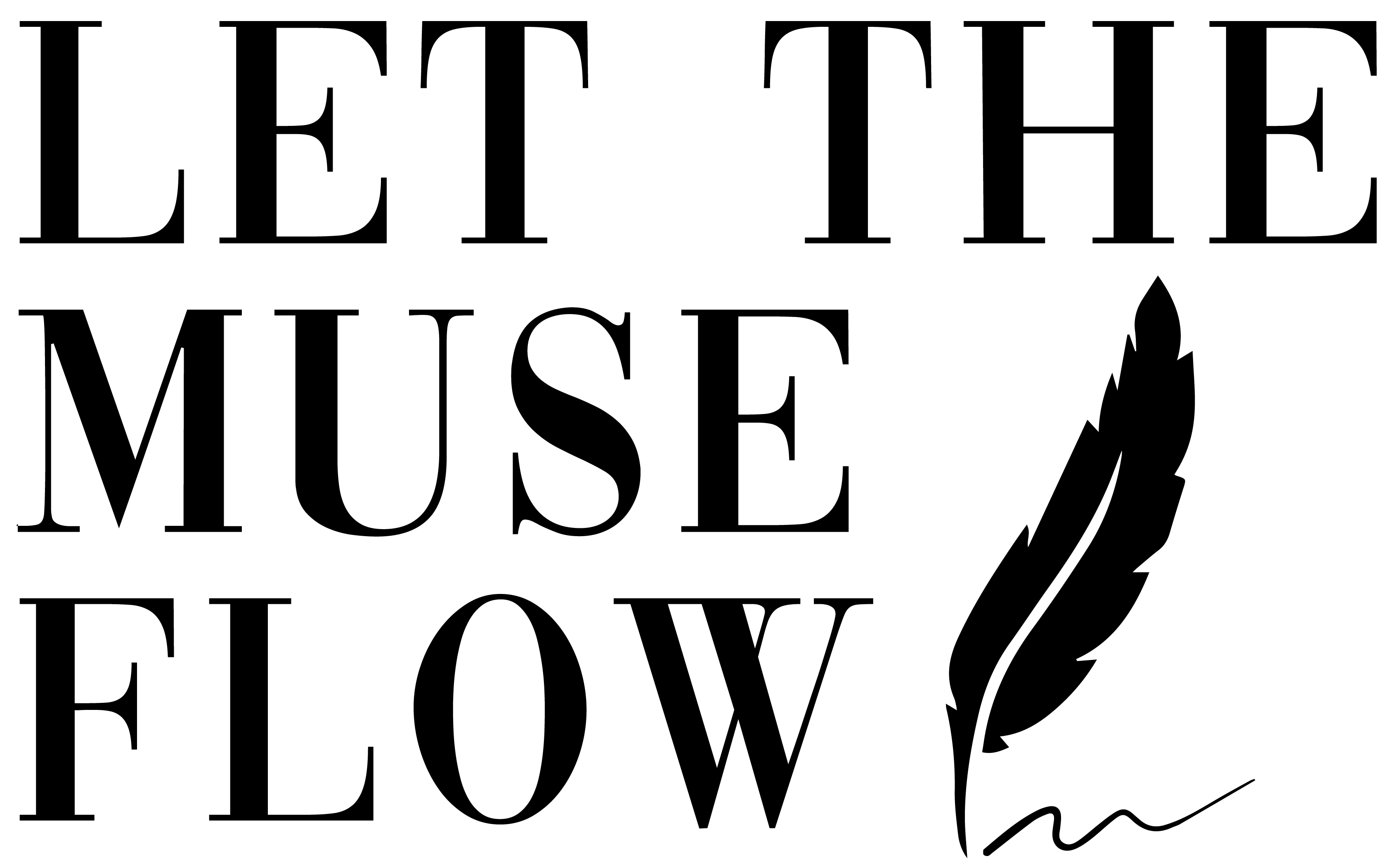
We never forget our college years and the days that fill those years with joy and enthusiasm. The competition among our peers. The early warning signs of lack of preparation for exams. The respected faculty that takes us into this immersive learning experience while keeping us grounded in our passion to lead, grow, and advance as we come closer to the placement season. We experience it all!
As per a research conducted by the University of Washington, it takes 3 to 6 months to find a job after graduation. Additionally, the Federal Reserve Bank of New York claims that there is a 41% unemployment rate amongst college graduates
So, ideally, it makes sense to start creating our learning highlights months before we face the tough love of getting hired.
So, what are learning highlights?
Usually, aside from our side hustle or part-time work we do, not everyone of us have work experience to show.
The need for putting together content comes to surface because our employers want to know how much subject matter expertise we have in our field of specialisation.
How?
- Build your personal website while in College. You may like to talk about the captainship you undertook for a community project or society. Any extra-curricular activity that excites you that helps you apply those learnings to your craft. If you are a sports enthusiast, it can have implications on how you can lead with a team (aka players) and learn more about intelligent failures so you can build your resilience as time passes by. Your website can talk about not just the college learning experiences, but also your personal passions and side-projects which you wish to undertake to solidify your chances of getting hired by your desired companies. Starting a blog will give you the competitive edge that your profile needs when conversant with employers.
- Illustrate your value proposition. Ascertain what set of skills have got you to your college. What did your college faculty loved about you. Find about your latent strengths that you never knew you has until situational awareness brought you to that context – say a question you asked your professor, any learning revelation you had when you were attending a class. Or, any observation that filled you up with curiosity about beyond the contours of the class.
- Spruce up your LinkedIn profile. Put a compelling image, optimise your profile for relationships (as Ann Handley says), not just algorithms. How? Write about your emotional journey that speaks about your passion, grit and ambitions. People connect with people who are genuine, kind and helpful. Ensure that your profile is made for service – that’s the best form of personal branding.
- Notch up learning by taking specific, niche courses. Aside from the vast curriculum of your college, look for course parallels that will deepen your knowledge about the subject you are learning. When you write your blog posts/ articles on what you learned when you pursued those additional but important courses, this will give your hiring manager the confidence in you to navigate the job’s requirements well.
- Set the intent for informational interviews with your target companies and placement incharge. As mentioned earlier in my post, reach out to your hiring companies’ HR and placement committee to learn more about the job roles and specificities so that you can prepare better. You may like to highlight the problems that those jobs solve in your website as a part of the ;earning you’ll draw when you work with them.
- Demonstrate the values you embody as a personal brand. Look for shared values when you are sitting for that interview. See if your worldviews align on common, grounded consensus: of their mission, vision and values.
- Volunteer to take internship (if even the initial pay is less, because experience is the reward). Why not reach out to your family and friends if they have a venture or their own startup so you can learn the operating skills early-on during your college tenure? Your college course theories bear application in your internship – that way you learn by doing, and repeat. Once you practically see the application of your learning and unlearning, you know what to do and what not, which is a huge upside (from time and productivity standpoint) when you apply for the job. The best part? You can showcase the testimonial from your internship on your website and talk about the things you’ve learned to hit the career ground running with the skills and knowledge needed for the role.
So before you bid farewell to your college and start your career, you have experience you just needed by creating and building your personal brand!

